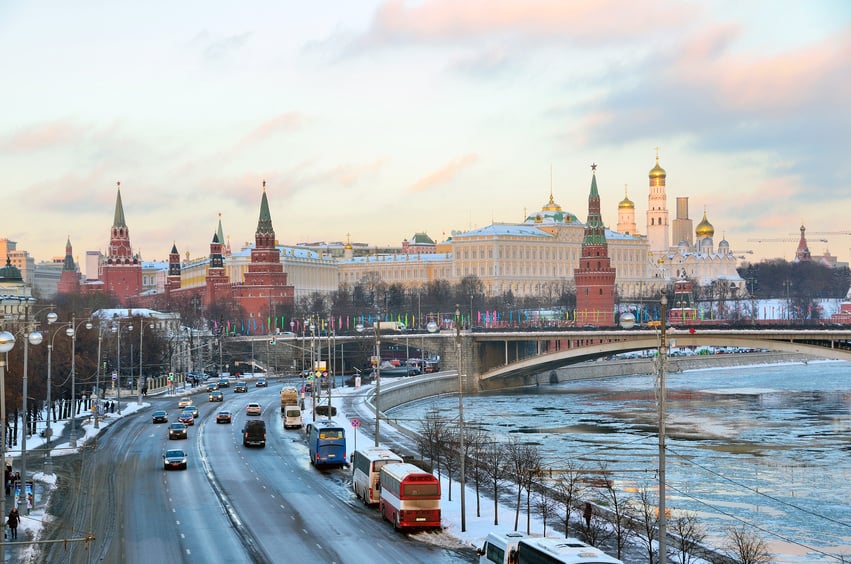In brief
Key takeaways
- Mandatory carbon reporting. Companies must commence reporting 1 January 2023 if their annual GHG emissions exceed 150,000 tons and if they meet the criteria of “regulated entities”; for companies with emissions in excess of 50,000 tons this date is 1 January 2025. The Russian Government is to define the criteria for regulated entities and reporting forms.
- Voluntary climate projects. The law sets out the basic principles of Russia’s national climate projects and carbon offsets trading. A carbon offset is a verified reduction of greenhouse gas emissions (GHG) equivalent to one ton of carbon dioxide. Companies can voluntarily earn carbon offsets by implementing climate projects that have been entered into a special register. The President has instructed the Government to make the national climate projects system operational by 1 July 2022.
Contents
- Why climate projects are important for businesses
- Russia’s climate package taken broadly
- Recommendations for companies operating in Russia
Why climate projects are important for businesses
Following the launch of the national climate projects administration system, businesses operating in Russia will, depending on their goals, be able to either:
- buy carbon offsets that reduce their carbon footprint to achieve their internal voluntary carbon management goals, to participate in supply chains with carbon footprint requirements globally and within Russia, and to interact with investors, financial institutions and regulators; or
- sell carbon offsets to monetize their GHG emission reductions, for instance, resulting from technological upgrades or transition towards more sustainable business practices in industries such as power generation, mining, metals, chemicals, fertilizers, forestry, agriculture and others1.
Russia’s climate package taken broadly
The law introduces a “soft” regulation as it does not price carbon at a federal level. However, when assessing its importance, businesses should bear in mind that it is a central, but not the only part of Russia’s climate package – which also includes a harsher pilot program of carbon regulation in Sakhalin (under a separate law now being developed) and potentially other regions, the Low Carbon Development Strategy until 2050, and a pilot project on carbon polygons.
Taken broadly, the climate package also includes the possible participation of Russian companies in international carbon trading under the Paris Climate Agreement (if the governments agree upon the rules for such trading), Russian state programs for renewables, hydrogen, electric vehicles, energy efficiency, best available technologies, waste management, forestry, and national Green Taxonomy.
Recommendations for companies operating in Russia
- Estimate annual GHG emissions to determine whether your company is subject to carbon reporting;
- Consider participation in climate projects – as a buyer or seller of carbon offsets within the national system. Ahead of the launch of this system, companies may consider testing climate projects mechanisms within Russia by applying international voluntary standards such as the Voluntary Carbon Standard and Gold Standard;
- Monitor the implementation of the climate package and related initiatives of Russia’s “green modernization” policy to spot potential business opportunities.
Click here to access the Russian Version.
1. The industries and project types are based on a common understanding of global climate projects practices. The Russian Government is to establish the criteria for the eligible climate projects by 1 July 2022.



